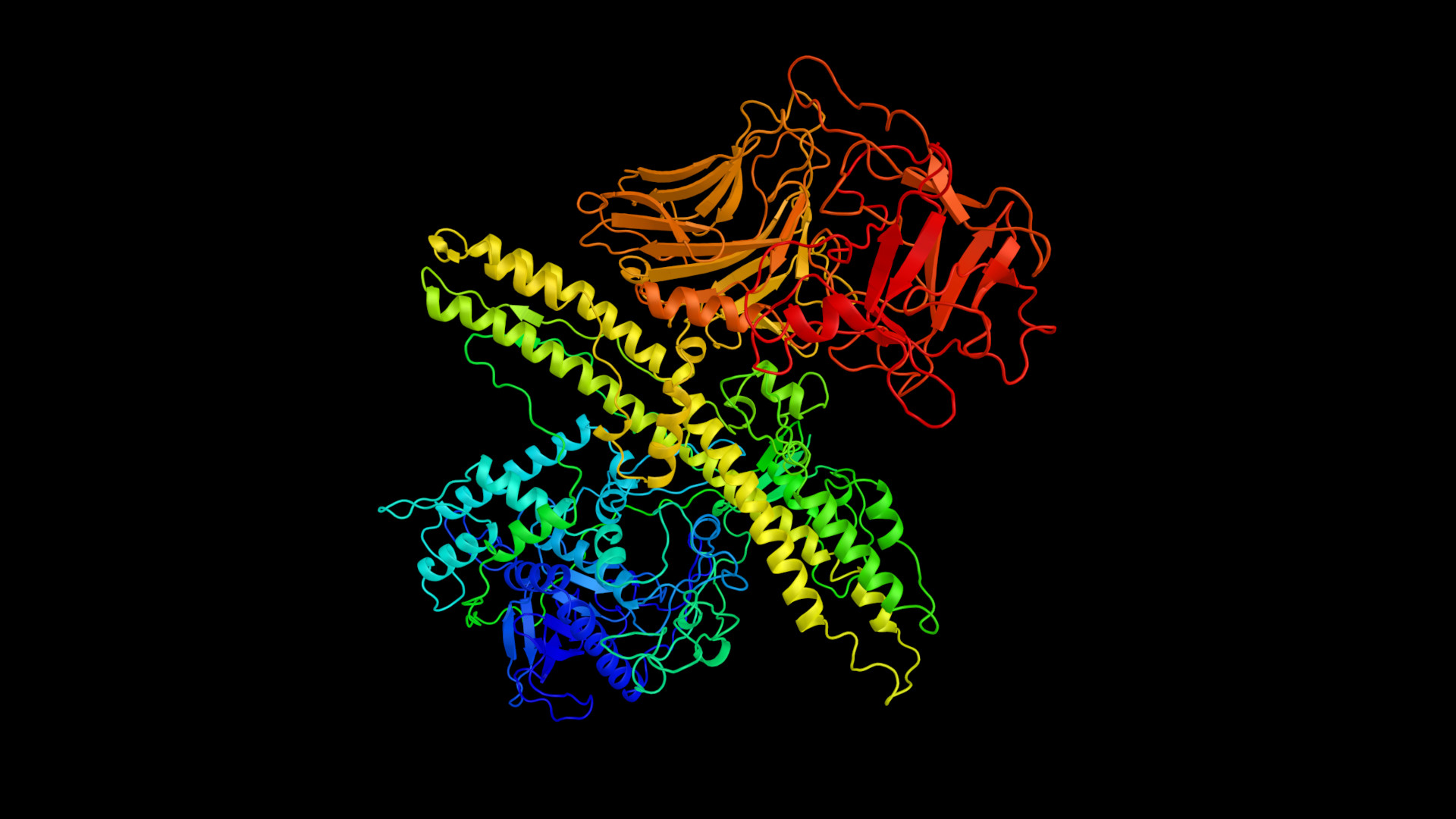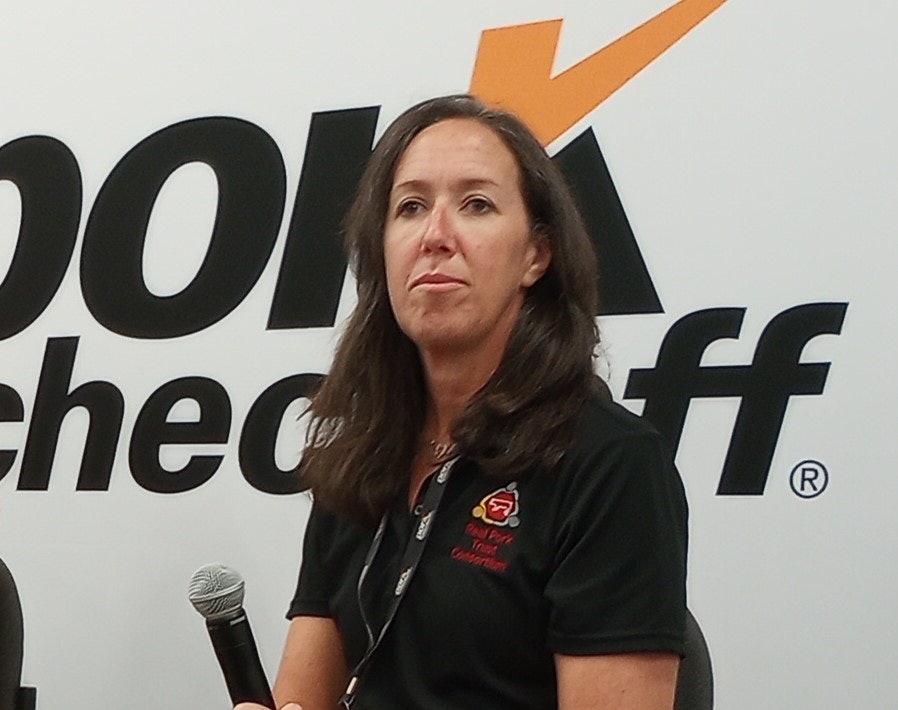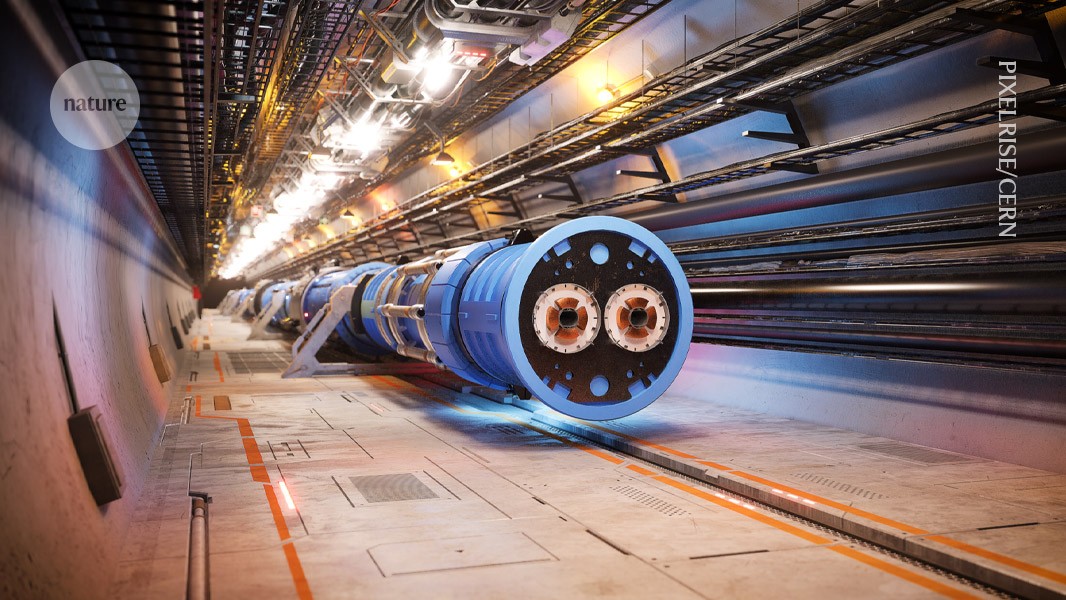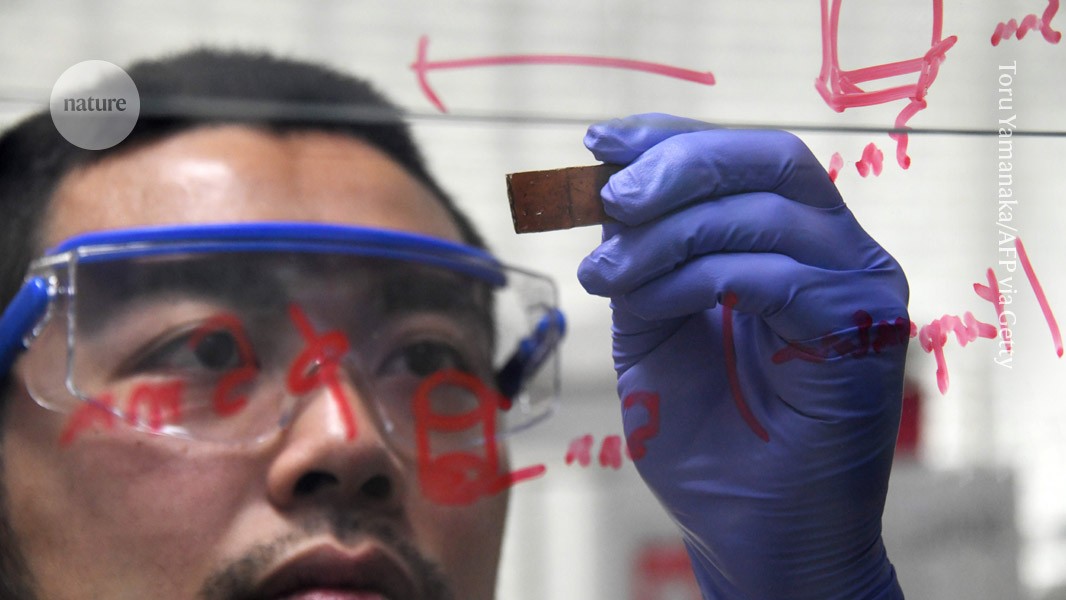Far-right Gains in European Elections: What They Mean for Climate Goals
Far-right Gains in European Elections: What They Mean for Climate Goals

Send us a link

The powerful AI-driven software from DeepMind was released without making its code openly available to scientists.

Buffers against economic and political turbulence can be built into project support, says Hannah Ngugi


As temperatures and evidence of climate impacts mount, so too do pressures to enhance climate policy ambition and implementation.
If elected, Claudia Sheinbaum Pardo would bring an extensive background in science and engineering to Mexico’s presidency. But many researchers are anxious about how she would govern.
Arati Prabhakar, director of the White House’s Office of Science and Technology Policy, discusses Washington’s newly tough consensus on China.



Research integrity and trust in science have made global news this year. Building trust in science requires commitments to social and technical means of ensuring transparency and reproducibility across scientific processes.

Less than 1% of Twitter users posted 80% of misinformation about the 2020 U.S. presidential election
Generated by plagiarism disguisers, these red flags can point to deeper problems with a paper



On 1 January this year, the UK became an associated country to Horizon Europe, the EU’s flagship research scheme, and to the EU’s Earth observation programme Copernicus. Linda Hantrais and Anouska Nithyanandan consider the broader implications of association for the social and human sciences and review the preparations that UK social scientists should be making to re-establish their international reputation for research excellence post-Brexit.

Legal framework conditions at European level "are not sufficient to deal with infringements of academic freedom”, according to a speaker at a key public debate on the issue.